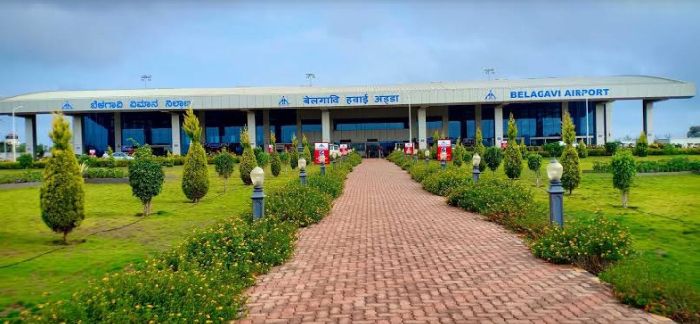Mangaluru, June 21: The first ever repatriation flight from Saudi Arabia’s Dammam Karnataka’s Mangaluru under Vande Bharat Mission (VBM) today brought home around 165 stranded passengers.
The IndiGo flight took off from Dammam International Airport at 11 a.m. (Saudi time) and landed at Mangaluru International Airport at 6:30 p.m.
The stranded passengers included pregnant women, senior citizens and those who are in need of emergency medical treatment are on board.
The passengers were screened at the Airport before being despatched for institutional quarantine in special buses.
Even though a few charter flights arranged by a couple of NRI entrepreneurs have already repatriated hundreds of stranded people from Dammam to Mangaluru, the government of India had not operated any repatriation flight under VBM on this sector so far.
Saudi Kannadigas Humanity Forum (SKHF), an NGO which came into existence to help the stranded Kannadigas in Saudi Arabia during covid-19 lockdown had been successful in persuading the government of India operate a flight on Dammam-Mangaluru sector under VBM.
SKHF has also set up an online portal for those who were in need of emergency repatriation. In today’s flight around 100 passengers have obtained seats through SKHF.
















Comments
Sir i also want to travel india lucknow from saudi arabia dammam and i already issued exit visa by my company but my company tell me you buy tickets and go after that i ask to someone travel agents for booking but they says currently not open booking after that i told my company's about that all situations but they didn't take any action so please sir give me authentic information how to book a flight ticket thank you.
Add new comment